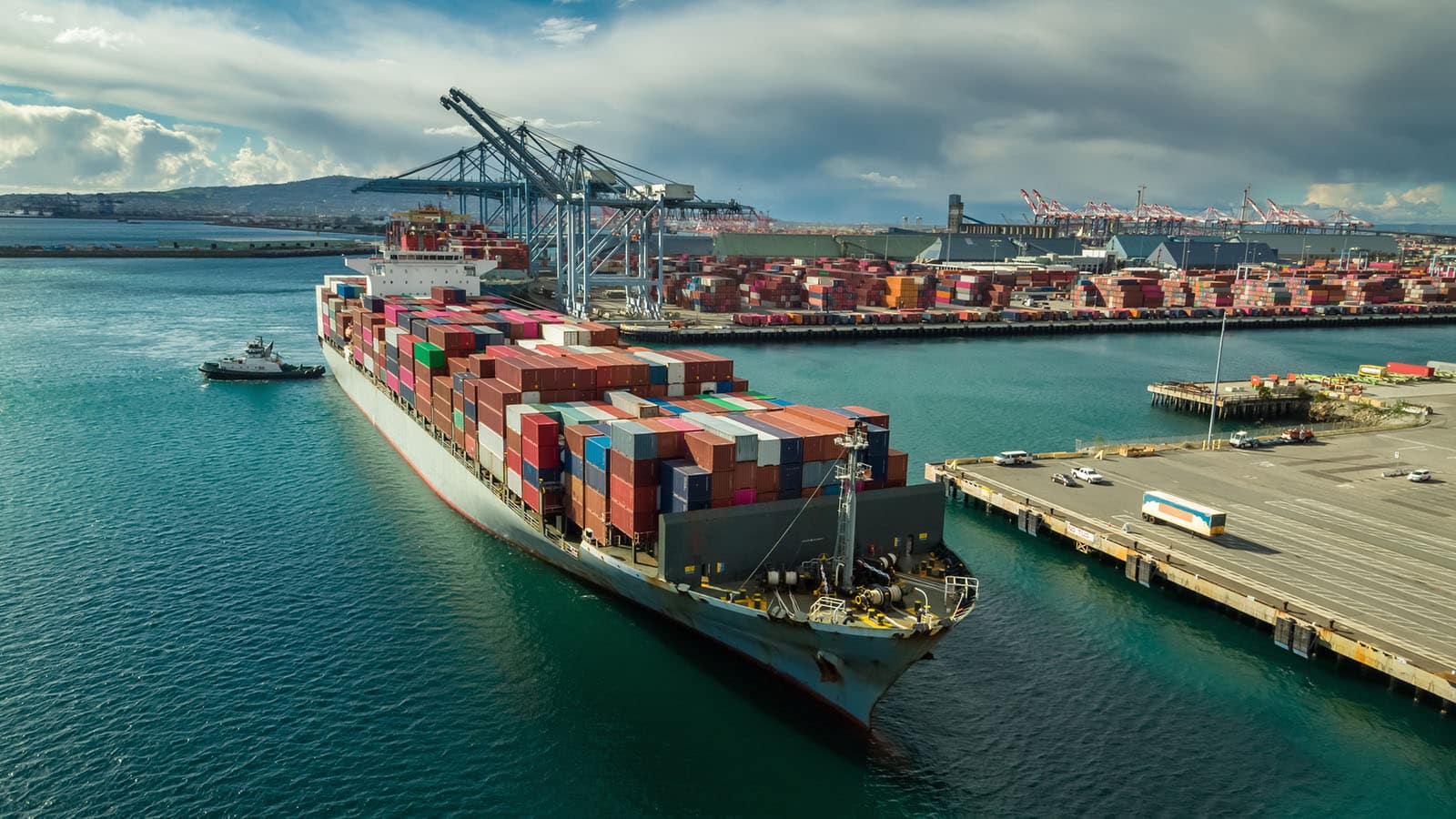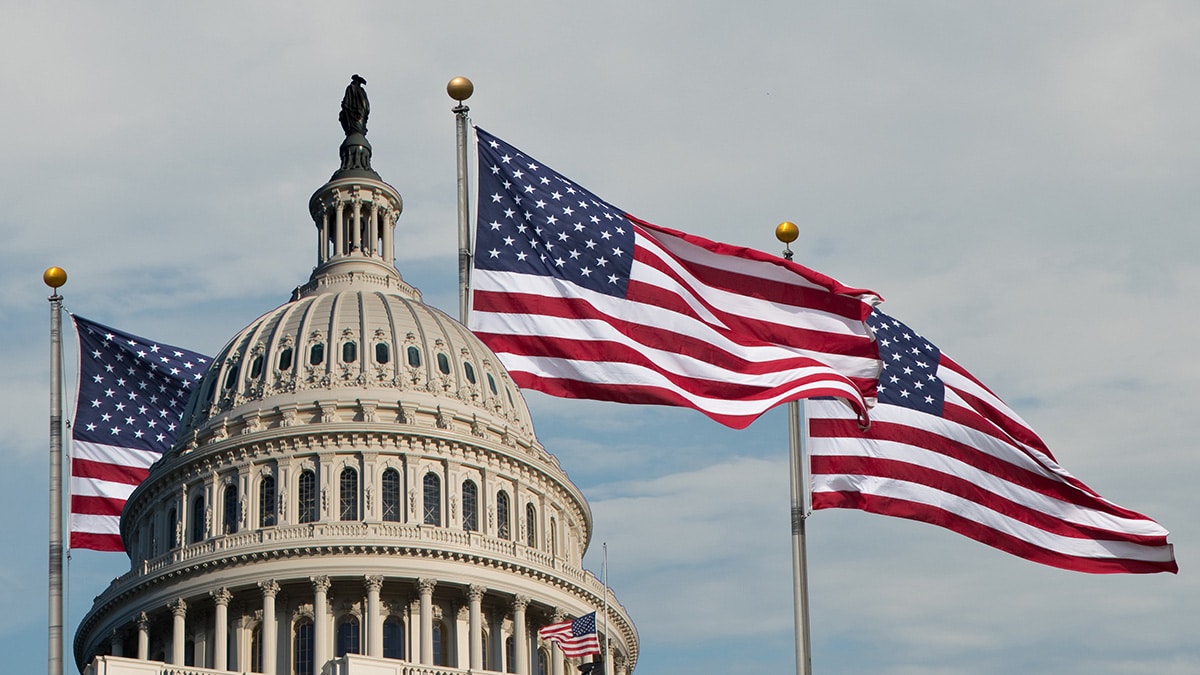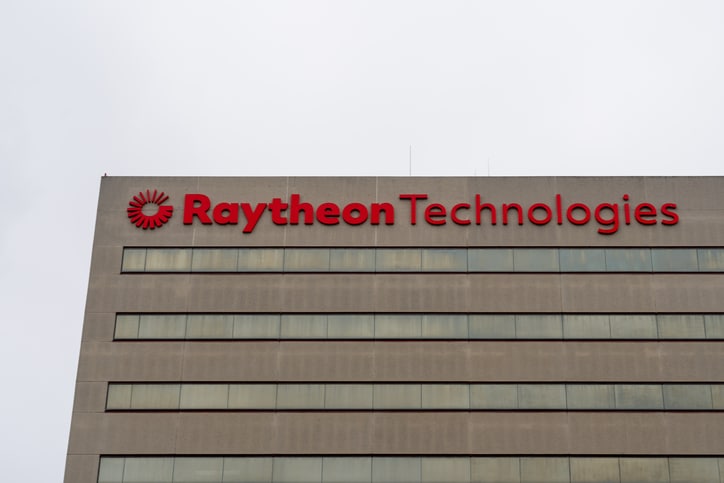Customs and Tariffs Fraud
Customs and tariffs fraud involves the deceptive importation and exportation of goods to evade duties or restrictions, and it's combated through legal measures like the U.S. False Claims Act and enforcement mechanisms including documentary checks, physical inspections, and other technologies.
May 9, 2025

This information is provided for educational purposes only by Kohn, Kohn & Colapinto and does not constitute legal advice. No attorney-client relationship is created by accessing this content. Laws and regulations may change, and this material may not reflect the most current legal developments. If you believe you have a whistleblower claim, consult a qualified attorney to discuss your specific circumstances.
Customs fraud refers to illegal activities that involve the evasion or violation of customs regulations, with the intent to deceive customs authorities, typically for financial gain or to circumvent restrictions. This fraud can lead to significant revenue losses for governments, undermine economic policies, and potentially pose risks to public health and safety. To put things in perspective, in the United States, the revenue from customs duty amounted to 100 billion U.S. dollars in 2022.
Here are some common types of customs fraud:
- Underreporting of Value – importers may undervalue goods to reduce the amount of import duties or taxes payable. By declaring a value lower than the actual transaction value, they can evade the rightful amount of customs duties and taxes.
- Misclassification – goods may be classified under a tariff code that attracts a lower rate of duty than the actual code applicable to those goods. For example, an importer might declare a luxury item as a basic item to benefit from a lower tariff rate.
- False Country of Origin – importers may falsely declare the country of origin for goods to benefit from preferential duty rates or to avoid anti-dumping duties. This is especially pertinent when certain goods from particular countries are subjected to higher duties or restrictions.
- Overstatement of Quantity – importers might declare a higher quantity of low-value items and hide high-value items among them, thereby evading the correct duty on the high-value items.
- Smuggling – this is the act of moving goods across international borders without declaration to customs, thereby avoiding all customs controls and duties. It’s often associated with illegal goods, such as drugs or contraband, but can also involve legal goods for which customs duties and taxes aren’t paid.
- False Documentation – using forged or altered documents, like fake invoices or certificates of origin, to deceive customs officials.
- Transshipment Deception – goods might be rerouted through third countries to conceal their true origin, especially if the goods’ actual country of origin faces trade restrictions or higher duties.
Customs fraud can have serious consequences, including hefty fines, imprisonment, loss of import or export privileges, and damage to reputation. To combat these fraudulent practices, many countries employ advanced technologies, intelligence-sharing, and risk assessment strategies. Here’s an overview of how customs duties are typically enforced:
- Legal Framework – every country has its own customs laws and regulations that detail the rates of duty, exemptions, restrictions, and other rules related to the import and export of goods. Importers and exporters are expected to be familiar with these laws.
- Declaration – when goods are imported into a country, the importer (or their representative, like a customs broker) is required to submit a customs declaration. This declaration provides details about the goods, such as their value, quantity, classification, and origin.
- Documentary Check – customs officers review the documents submitted by the importer to ensure they are complete and in order. This might include invoices, packing lists, certificates of origin, and other relevant documents.
- Risk Assessment – modern customs systems often employ risk management techniques to determine which shipments to inspect. Factors might include the nature of the goods, the history of the importer, the country of origin, and intelligence or tip-offs about potential irregularities.
- Physical Inspection – based on risk assessment, some shipments will be selected for physical inspection. Customs officers will inspect the goods to verify that their quantity, quality, and type match the customs declaration. They will also look for prohibited or restricted items.
- Calculation and Payment – once the customs authorities have verified the details of the shipment, they will calculate the amount of duty owed. The importer must pay this amount before the goods can be released.
- Post-clearance Audits – some customs authorities conduct post-clearance audits on importers. This involves reviewing the records of importers to ensure they have correctly declared and paid duties on their imports over a specific period.
- Penalties for Non-compliance – if discrepancies are found (whether during inspection or post-clearance audits), the importer might be subject to penalties, which could be in the form of fines, seizure of goods, or legal action. Repeated non-compliance might lead to the revocation of an importer’s license.
- Cooperation with Other Countries – many countries cooperate and share information to prevent customs fraud. This can involve sharing intelligence or best practices or jointly cracking down on smuggling routes.
- Technological Tools – as stated, many customs authorities use advanced technologies to enforce duties. This can include automated systems for handling customs declarations and payments, scanning equipment to inspect containers without opening them, and databases that track importers, shipments, and risk profiles.
Reporting Customs Fraud Under the False Claims Act
The False Claims Act (FCA), often referred to as the “Lincoln Law,” is a federal law in the United States that allows individuals, often called whistleblowers or “relators,” to sue those who commit fraud against federal government programs.
The FCA is a powerful tool against fraud, waste, and abuse in federal spending. The law includes a qui tam provision that allows private citizens to bring lawsuits on behalf of the government and potentially receive a portion of the recovered funds if the suit is successful.
In the context of customs fraud:
- Application to Customs Fraud – the FCA can be applied to customs violations when there’s a fraudulent claim to the U.S. government for money, such as when an importer falsely declares the value or classification of goods to reduce duties owed. If the government has been defrauded of customs duties because of false declarations or other deceptive practices, the FCA might be used to seek redress.
- Whistleblower Incentives – individuals who have inside knowledge of customs fraud, perhaps because they work in the shipping, logistics, or import/export industry, can bring a qui tam lawsuit under the FCA. If the lawsuit is successful, the whistleblower can receive a significant portion of the recovered funds typically between 15 and 30 percent of the recoveries.
- Triple Damages and Penalties – one of the powerful features of the FCA is that it allows for treble damages. This means that a defendant found liable under the Act can be required to pay three times the government’s actual loss. Additionally, there are statutory penalties for each false claim.
- Protection for Whistleblowers – the FCA provides protections against retaliation. Employers are prohibited from discharging, demoting, suspending, threatening, harassing, or discriminating against an employee because of their lawful actions in furtherance of an FCA action.
- Intervention by the Government – once a whistleblower files a qui tam lawsuit, the government is notified and given an opportunity to investigate the allegations. The government can then decide whether to intervene and take over the prosecution of the case or let the whistleblower proceed on their own. Even if the government chooses not to intervene, it remains a party to the case and can monitor the proceedings.
In recent years, the U.S. government has recovered billions of dollars because of whistleblower-initiated FCA cases across various sectors, including healthcare, defense, and, relevant to this FAQ, customs and import/export activities.
Notable Customs Fraud Cases
ZTE Corporation (2018)
ZTE Corporation, a leading Chinese telecommunications giant, came under scrutiny in 2018 for its dealings with sanctioned countries. Investigations revealed that ZTE had actively shipped telecommunication equipment to Iran and North Korea, in direct violation of U.S. sanctions.
To camouflage their activities, the company cleverly utilized a maze of shell companies. They even went as far as creating a manual instructing on evasion techniques of U.S. sanctions. Central to the fraud was the false declaration of their shipments, with the aim of obscuring the export of restricted U.S. components to Iran and North Korea. The repercussions were swift and stern.
The U.S. Department of Commerce initially imposed a seven-year ban, prohibiting U.S. companies from selling parts and software to ZTE. However, following extensive negotiations, this ban was lifted, provided ZTE paid a whopping fine of $1 billion and deposited an additional $400 million in escrow.
Honey Transshipment (2001-2008)
Between 2001 and 2008, Chinese honey producers encountered a significant challenge: anti-dumping duties imposed by the U.S. These duties were the result of Chinese producers selling honey in the U.S. at prices below market standards.
To sidestep these onerous duties, an intricate transshipment scheme was devised. The honey, originally from China, was first sent to various intermediary countries such as Russia, Indonesia, Malaysia, Mongolia, and the Philippines. Here, it was deceitfully re-labeled, indicating these countries as its point of origin.
Consequently, when the honey was subsequently shipped to the U.S., it appeared to be sourced from these intermediate countries, thereby successfully evading the steep anti-dumping duties. However, justice eventually prevailed.
By 2013, two major honey suppliers confessed to their role in the scheme in U.S. courts, leading to multimillion-dollar fines. Moreover, several top executives faced imprisonment for their involvement.
UBS AG’s Precious Metals Smuggling (2012)
UBS AG, an esteemed Swiss global financial services firm, found itself embroiled in a scandal in 2012 over its import practices into the U.S. Investigations spotlighted UBS AG’s smuggling of precious metals from countries that were subjected to U.S. trade restrictions. To cleverly navigate around these restrictions, UBS AG employed falsified invoices and shipping documents.
One particularly dubious tactic involved labeling shipments as “gold/copper alloy” in an attempt to devalue the shipment and, in turn, reduce payable duties. The eventual fallout was substantial. In 2014, as a part of a resolution with the U.S. Department of Justice, UBS AG consented to a non-prosecution agreement. This mandated the payment of a $545,000 penalty and also required the institution to institute internal controls, ensuring prevention of such misconduct in the future.
Seeking a Custom Fraud Whistleblower Attorney?
For over three decades, Kohn, Kohn & Colapinto LLP has been a beacon in U.S. legal circles, prominently representing whistleblowers in “qui tam” suits under the False Claims Act, including those related to customs fraud.
Our firm has an illustrious record, securing billions for the U.S. Treasury. Our partners are not just seasoned professionals but thought leaders in this domain. In testament to this, co-founder Stephen M. Kohn has penned seven influential books on whistleblowing.
Our involvement in significant cases has led to regular mentions in leading media outlets like Bloomberg, Financial Times, and The Wall Street Journal. Moreover, our groundbreaking work has been spotlighted on programs such as 60 Minutes and various other documentaries.
If you hold crucial information on government or customs fraud, please connect with us for a confidential review of your case.




